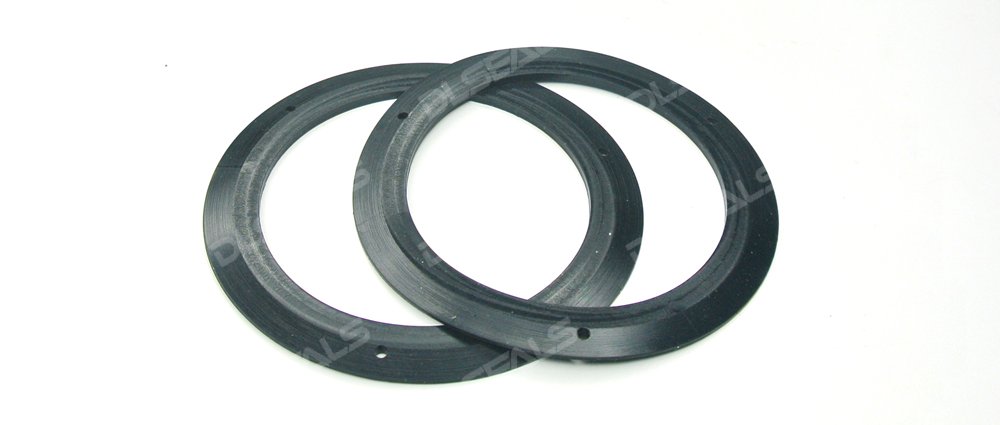EPDM gaskets, short for Ethylene Propylene Diene Monomer gaskets, are versatile sealing solutions known for their durability and resilience in various applications. This comprehensive guide explores the uses, advantages, and key considerations when choosing EPDM gaskets.
What are EPDM Gaskets?
EPDM gaskets are made from a synthetic rubber compound that consists of Ethylene, Propylene, and a Diene Monomer. This unique composition provides EPDM gaskets with excellent resistance to weathering, ozone, UV exposure, and aging, making them suitable for both indoor and outdoor applications.
Uses of EPDM Gaskets
EPDM gaskets find widespread use across industries due to their impressive properties:
Automotive: Used in vehicles for sealing doors, windows, and hoods due to their weather resistance and flexibility.
Construction: Ideal for sealing windows, doors, and HVAC systems in buildings, ensuring energy efficiency and weatherproofing.
Electrical: Utilized in electrical enclosures and panels to provide environmental sealing and insulation.
Industrial: Commonly used in pipes, pumps, and fittings to prevent leaks and ensure reliable sealing in various fluid handling systems.
Advantages of EPDM Gaskets
EPDM gaskets offer several advantages over other sealing materials:
Weather Resistance: Able to withstand extreme weather conditions, including sunlight, ozone, and temperature fluctuations.
Chemical Resistance: Resistant to a wide range of chemicals, acids, and alkalis, ensuring compatibility with diverse industrial fluids.
Flexibility and Elasticity: Maintains flexibility over a wide temperature range, allowing for a tight seal even in dynamic applications.
Longevity: Exhibits excellent durability and aging resistance, providing long-term sealing performance without deterioration.
Cost-Effectiveness: Offers a balance of performance and cost, making EPDM gaskets a cost-effective sealing solution for many applications.
Considerations When Choosing EPDM Gaskets
When selecting EPDM gaskets, consider the following factors:
Application Environment: Ensure compatibility with the specific operating conditions, such as temperature, pressure, and exposure to chemicals.
Size and Shape: Choose gaskets that are precisely sized and shaped to ensure proper sealing and performance.
Regulatory Compliance: Verify compliance with industry standards and regulations relevant to your application, such as ASTM, FDA, or NSF standards.
Conclusion
EPDM gaskets stand out as versatile sealing solutions suitable for a wide range of applications across industries. Their exceptional weather resistance, chemical compatibility, and durability make them a preferred choice for sealing doors, windows, pipes, and electrical enclosures. By understanding their uses, advantages, and key considerations, you can confidently select EPDM gaskets that meet your specific sealing requirements.
Post time: Jun-20-2024

